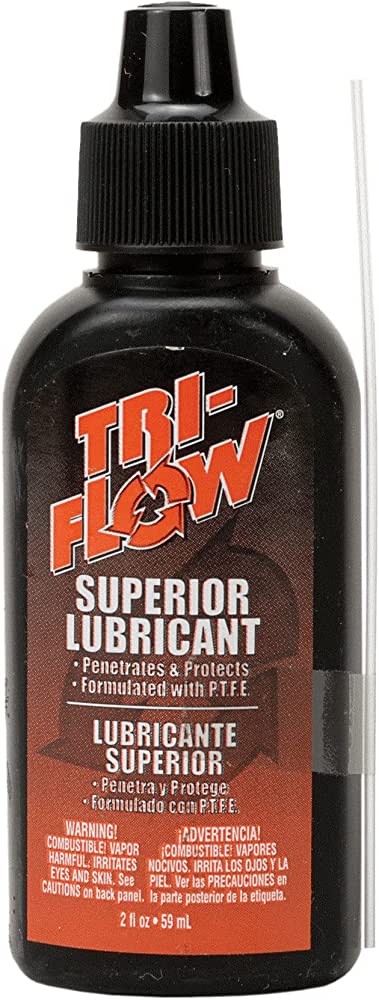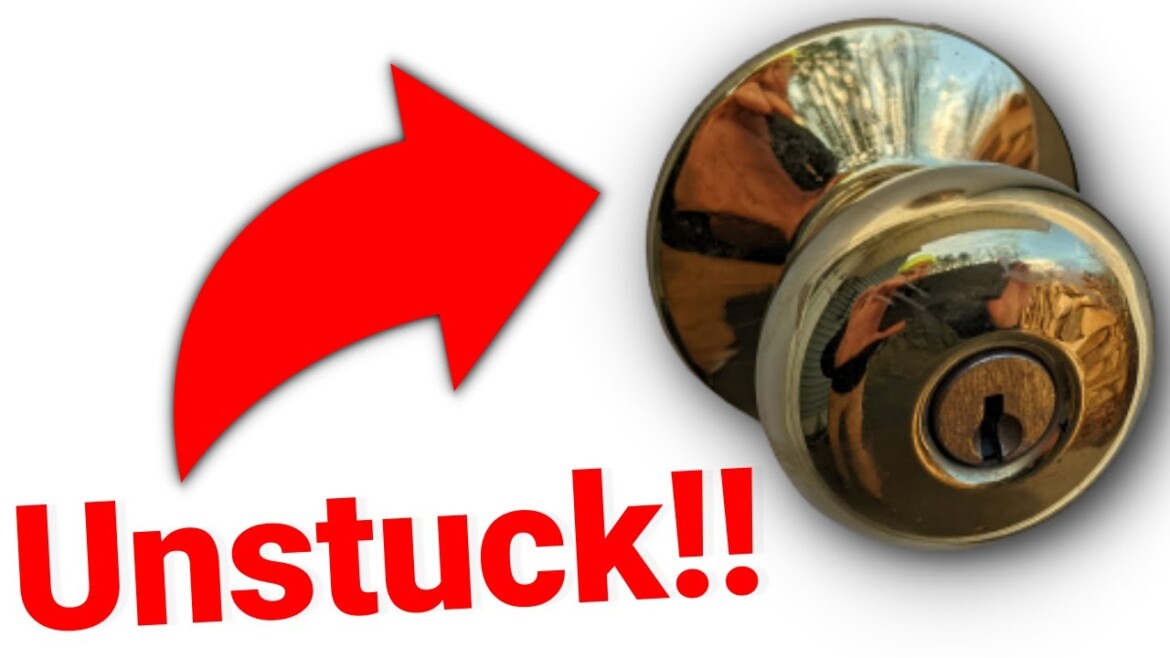How to Fix Sticky Locks
Ever had a sticky lock? As a professional Locksmith in Vancouver, we get a lot of calls involving locks and keys that are hard to use. Here are a few causes of sticky locks as well as some steps you can take to fix them yourself.
- The key does not easily slip into the lock
- The key does not easily slip out of the lock
- The lock cylinder is hard to turn
- The lock cylinder turns but nothing happens
We listed the above in order of severity and the amount of effort required to fix the sticky locks. As always, if you don’t have the tools nor time or do not want the hassle of doing this yourself, give Vancouver’s favourite Locksmith a call/text at 604-363-2760 or email me alex@locksmithvancouver.com.
Key does not easily slip into the lock
Ever had a key or lock that worked perfectly fine, but one day is hard to use? We first recommend to see if the key is going into the lock cylinder all the way. Unless you have a specialty lock cylinder with a dust cover, locks and lock cylinders exposed to the external environment will collect the dust, pollen, dirt and moisture that are floating about.

Like the dust bunnies that form in the corners of your house or the lint in your pockets, a layer of grime eventually builds up inside your lock cylinders. Gradually, this impedes the proper smooth movement of the pins and springs inside the lock cylinders.
The most visible symptom of excess grime build-up is a sticky key that refuses to go in all the way.
Here are a few ways to fix this sticky lock yourself:
- Make sure you are really using the right key. This may sound simple, but we can all be absent-minded at times. Especially if we are coming back home after a night of partying.
- Try blowing some air into the lock cylinder. Just like the charging cable port on your cell phone, this can blow the obstruction just enough out of the way to slip the key all the way in.
- Apply a small amount of lubricant. If you don’t have a lock lubricant handy, WD40 or a bike chain lubricant. Do not use natural oils like olive oil. Spray a small amount into the keyway and try inserting the key. If the key goes in all the way, make sure to move the key in and out of the lock cylinder several times to spread the lubricant around to all the sticky pins and springs.
- Tap the key into place using a soft surface. Forcing the key all the way in should be your last resort. After all, if it turns out that you were using the wrong key all this time, this could really mess up your lock. Use a rubber mallet if you have one, otherwise, the bottom of your shoes is usually a handy alternative. Be gentle.
We recommend that all of our clients purchase a small bottle of lock lubricant and use it to lubricate their sticky locks and sticky hinges. A small dab of lock lubricant will be good for 3 to 5 years. So the small bottle will last most clients their entire lifetime.
You can purchase a small bottle of Tri-flow at our Key Store at 555 West Hastings St in Downtown Vancouver. As of June 2023, each bottle still costs less than $20 before taxes.

Key does not easily slip out of the lock
Sometimes we get calls from clients where their keys slip into the lock just fine, but it won’t come out. 50% of these calls also involve something about the lock not working properly but it depends on the type of lock and client – mostly commercial clients.
For our residential clients, the most common cause of this sticky lock issue is a loose cylinder retaining cap. TLDR: There is a cap or clip at the back of the lock cylinder that holds everything together. If that gets loose or damaged, the pins will bind and prevent the key from exiting the lock cylinder.
This can be a huge problem for our clients as it means they cannot leave the door unattended. After all, their key is stuck in the lock.
So in this situation, we recommend calling a Locksmith like me at Locksmith Vancouver. The permanent solution to this problem involves a disassembly of your lock and possibly new parts as it’s usually a wear and tear issue.
Meanwhile, make sure the key is in the position it usually exits the lock from. Then place your thumb on the sticky lock cylinder parallel to the key. Finally, while you push down on the lock cylinder with the thumb, use your free hand to pull on the key. 99% of the time, this will release the key and allow you to get on with your life while waiting for the Locksmith to arrive.
Please do not break off the key head in some sort of misguided attempt at neutralizing the key for security purposes. I’ve seen clients do this and it just makes things harder and more expensive later. If our handy thumb trick doesn’t work, no one will be able to pull the key out before a Locksmith arrives anyway.
Lock cylinder is hard to turn
So your locks are lubricated and the key slips in and out of the lock cylinder just fine. However, the lock is hard to turn or use, this can be a symptom of a number of different problems. Below is a list of a few of the common ones we see in the Vancouver area. Most, if not all, will require the attention of a Professional Locksmith like myself.
- The door and Frame are out of alignment. Try operating the lock while the door is held open. If it works fine while the door is not closed but is sticky when the door is closed, you most likely have a door and frame that are out of alignment.
- The lock movement is slow or feels ‘grindy’. This usually means that either your door was not prepared properly for the type of lock installed or your lock is on its final legs. If it never worked smoothly, it’s probably the former or the lock was never installed correctly. If it worked fine previously, it most likely means the lock is about to die and needs to be replaced.
- The lock works fine in the Summer but not so great in the Winter and vice versa. Things like temperature, humidity, and door location are factors to consider when choosing building materials like doors and locks. There are some things we can do to fix such problems, but sometimes developers just use the wrong material in the wrong place which exacerbates the issue. For example, wood doors near high moisture areas tend to lead to wood expansion and wood rot.
Lock cylinder turns but nothing happens
This is less of a sticky lock issue and more of a “your lock is broken” type of issue. Some of the older locks use a floating tailpiece design which could disconnect from the lock cylinder. Very few locks still use this design anymore.
Regardless, anytime a lock cylinder turns but the lock does not lock or unlock is a serious problem and you should give us a call. Most likely, we will need to drill the whole lock out and replace it.
If you have any questions, please feel free to call or text me at 604-363-2760 or email me at alex@locksmithvancouver. It would be our pleasure to answer any questions you may have about sticky locks and how to fix them.



